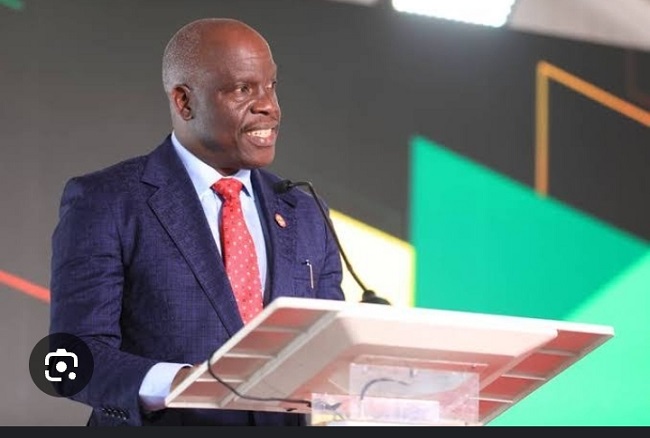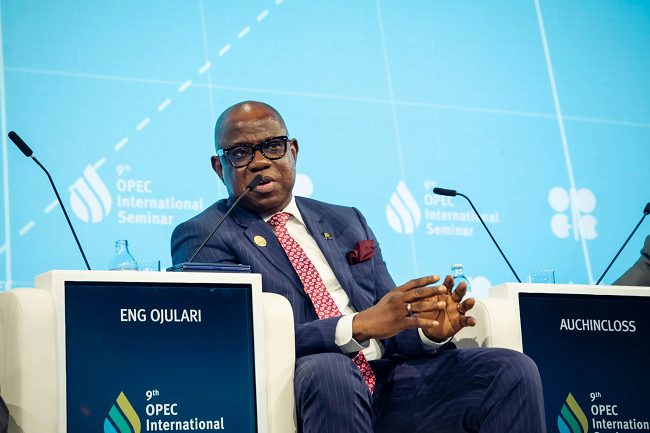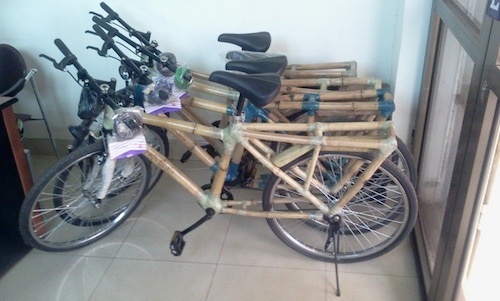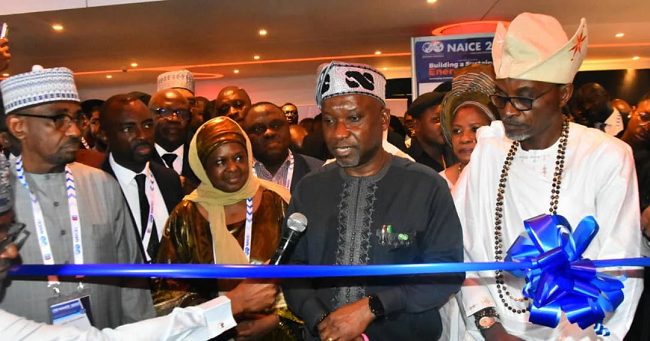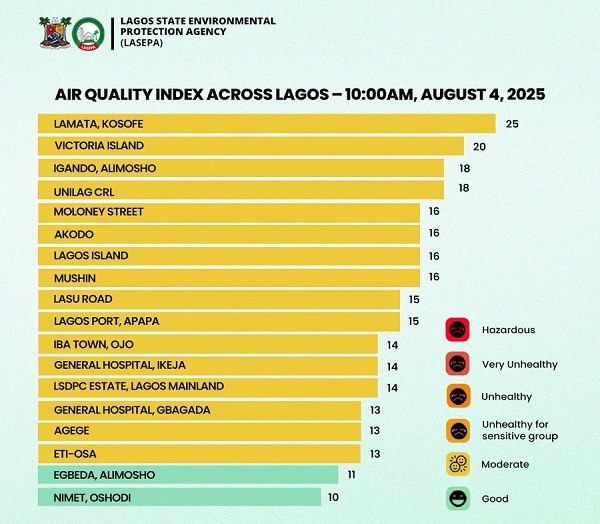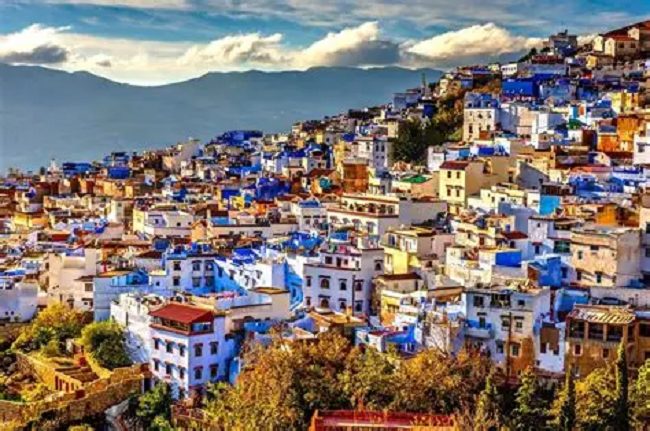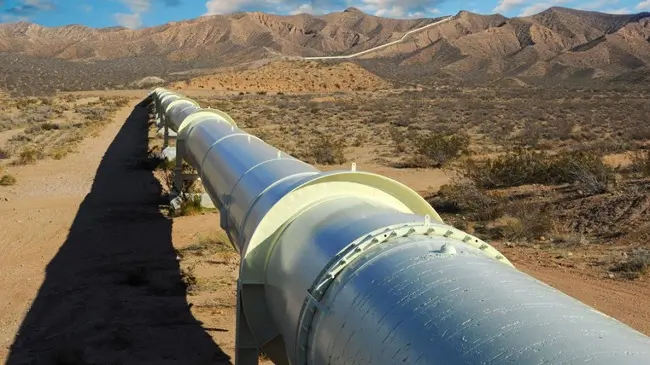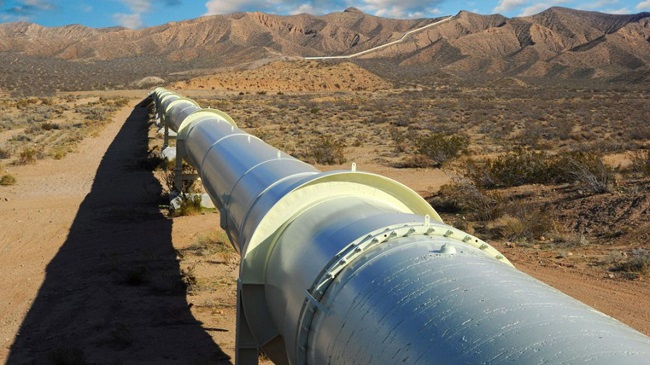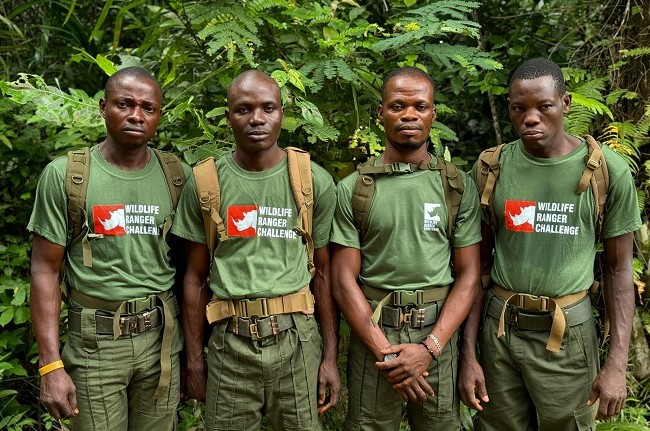BP has made its largest global oil and gas discovery in 25 years in Brazil’s Santos basin, it said on Monday, August 4, 2025, in what may be a major boost for the British company’s strategic shift away from renewable energy to refocus on fossil fuels.
BP is seeking to bolster oil and gas in its portfolio to regain investor confidence and revive underperforming shares.

It said it planned to create a major new output hub at the Bumerangue discovery in Brazil, which a BP spokesperson said was probably the company’s biggest since Shah Deniz in 1999, a gas and condensate field in the Azeri part of the Caspian Sea.
The announcement comes just months before COP30 is set to begin in the heart of the Amazon in Brazil.
Analysts and media are touting the Bumerangue discovery as a “game changer” as BP seeks to rebuild investor confidence by pivoting back to oil and gas despite its earlier pledges to transition toward renewable energy. This announcement comes on the same day as the conglomerate announced above-target profits, alongside a new cost-cutting scheme to maximise shareholder value.
The timing of the announcement is particularly ironic, as preparations ramp up for COP30 to be held in Brazil. At this crucial moment when observers say countries must commit to new climate targets that accelerate the phase-out of fossil fuels, BP is apparently expanding the very industry that’s driving the crisis.
With elevated CO₂ levels already reported in the field, serious concerns are being raised about the economic and environmental viability of the Bumerangue project. But even without those red flags, the simple truth remains: there is no future for fossil fuels, according to climate activists.
Anne Jellema, Executive Director of 350.org, says: “Now that BP has found a new stash of climate-wrecking fossil fuels, they’re preparing to level up their exploitation of the planet’s resources. This is not a game-changer, it’s setting the board on fire. With uncontrolled wildfires, record heatwaves, and steadily rising sea levels, we are already living with the consequences of disasters driven by fossil fuels.
“Millions of people are left holding the bill for the damages, while BP celebrates, once again, short-term profits at the cost of long-term survival. Calling this a breakthrough discovery is a massive betrayal: of people, the ecosystem, and Brazil’s climate commitments. Enough is enough; we must draw a line against this kind of profiteering at the expense of our planet, and fight for a liveable future.”
Ilan Zugman, Latin America Director at 350.org, says: “This is not just about one company, it’s about a system that rewards destruction while frontline communities pay the price. The people of Brazil and the world deserve better than more pipelines and pollution. While preparing to host the global COP30 climate conference,
“Brazil is also advancing a national law that directly contradicts the event’s purpose. This action undermines the country’s credibility and sends a confusing message: a host that preaches climate action while simultaneously easing the path for destructive industries and profit.”
The company gave no reserve estimate for the Brazilian block.
“Brazil is an important country for BP, and our ambition is to explore the potential of establishing a material and advantaged production hub in the country,” said Gordon Birrell, BP’s production and operations chief.
BP shares gained 1.3% by 1107 GMT, outperforming a broader index of European energy companies (.SXEP), opens new tab which was up 0.1%.
“This find may well see BP’s upstream portfolio longevity extending well into the 2030s/40s, and it is this that has been the biggest issue and concern,” Bernstein analyst, Irene Himona, said in a note.
“Although we cannot extrapolate as it is too early, and each well and each reservoir is different, we believe the data … provides support that the potential scale for this 100% BP discovery could be a game changer.”
The Bumerange block is “promising and strategically located” in Santos basin, wrote Jean Paul Prates, former CEO of state-run oil firm Petrobras on social media, while warning that fields with high carbon dioxide (CO2) content in its associated gas can be “uneconomic.”
Associated gas is a byproduct of oil production, found mixed with oil in reservoirs or as a cap above the oil.
“BP has yet to disclose the CO2 level in Bumerangue,” wrote Prates, adding this will “ultimately determine Bumerangue’s viability.”
BP said in its Monday announcement that results from the rig-site analysis indicate elevated levels of CO2.
It did not immediately reply to the questions about economic viability of the field raised by Prates.
BP, which forecast its oil and gas production at 2.3 million to 2.5 million barrels of oil equivalent per day by 2030, said this was its 10th discovery this year, following findings in Trinidad, Egypt, Brazil and others.
The company produced 2.4 million barrels of oil equivalent in 2024 and expects lower production this year.
BP had secured the Bumerangue block in the Santos basin far off the Brazilian coast in a “pre-salt” formation beneath the ocean floor in December 2022 with what it said were “very good commercial terms.”
Fellow London-listed rival Shell this year made a final investment decision for another project in the Santos Basin.

